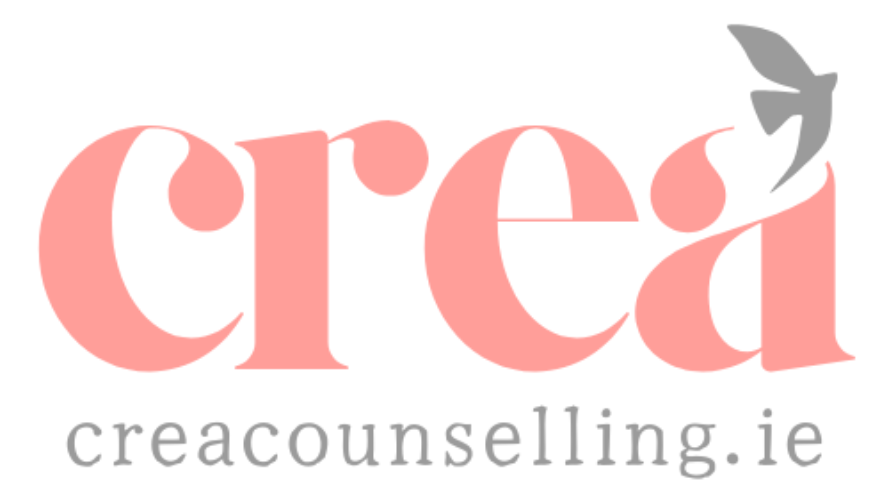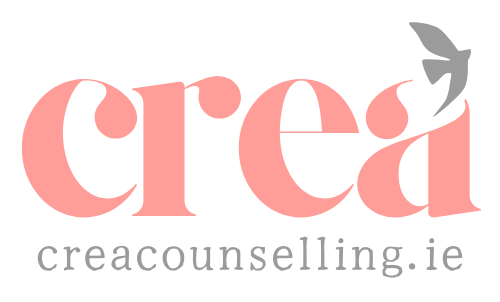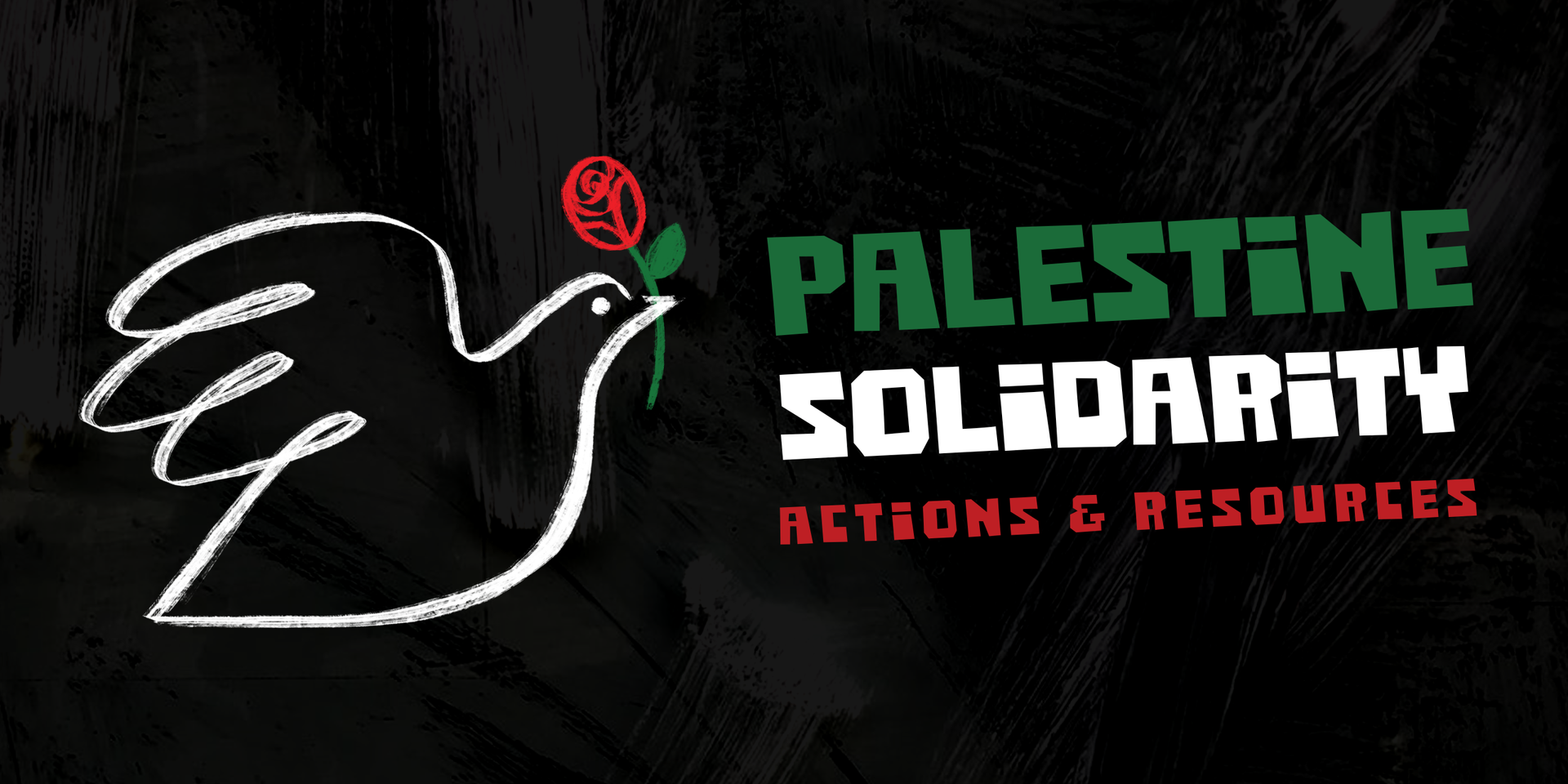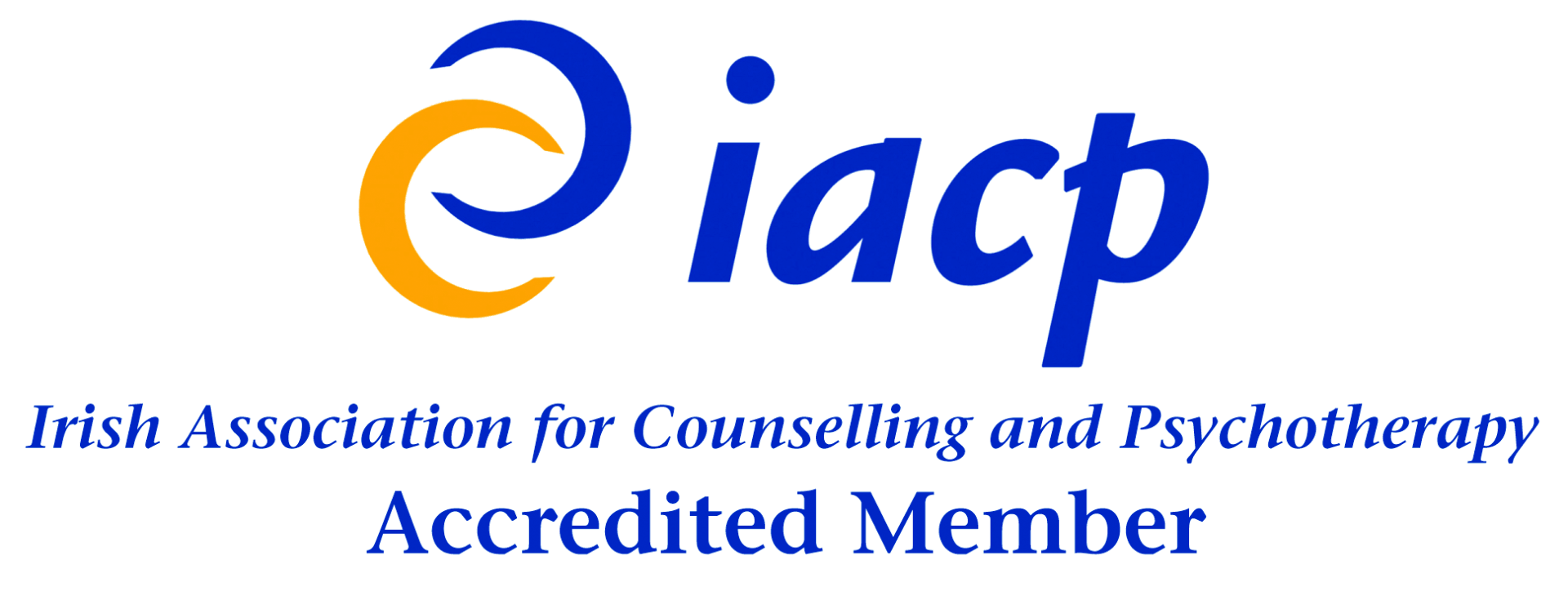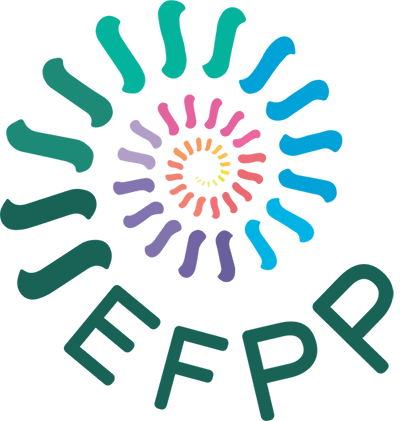What if IFS UNBURDENING becomes a BURDEN?
What if you really like IFS therapy but you're not getting to the 'BIG UNBURDENING' parts of you were waiting for...
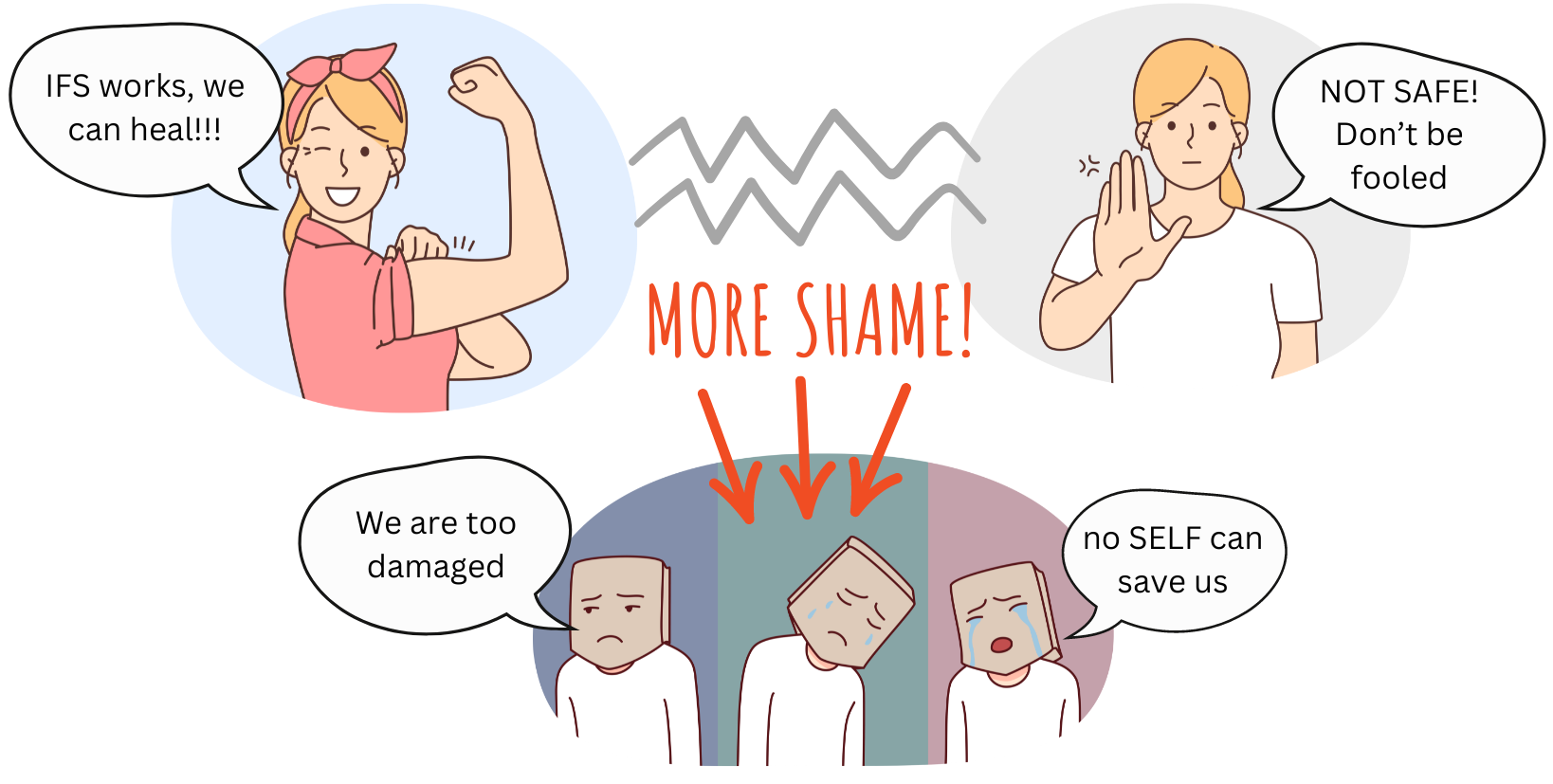
IFS therapy offers a hopeful and non-pathologising framework for nurturing self-understanding and self-compassion. Schwartz often refers to himself as a 'hope merchant' and encourages his students to borrow his confidence in the model.
Yet, when 'IFS therapist's parts' work hard at 'hope merchanting', asking nicely for protectors to step back and negotiating with them in order to reach the exiles, it's not unusual to get quite a lot of push back! AND We really have no choice BUT respect protectors, whether their good intentions are clear to us or not. In fact, hope may not be something that protectors want to buy when the system's hopes have been dashed so many times before.
Indeed,
pushing the hope agenda has often a lot to do with the understanding that in order for the system to heal we need to get to the exiles and unburden them. This may create pressure in the system and intensify an inner polarity between eager parts who desperately want us to heal deeper wounds once and for all, and more cautious ones who have ensured our survival through numbing, avoidance, distraction or fighting. Change feels like too big a risk and 'healing', a luxury we can't afford!
When we get stuck in this inner conflict, our wounded parts can end up feeling even more broken, deficient and ashamed: 'If IFS therapy is so great and everybody else gets better fast, there must be something so very wrong with me if I don't!'
Especially when it comes to complex, relational injury and attachment wounds, it can be counterproductive and potentially re-traumatising when well-meaning manager parts (not only in the client, but also in the therapist) 'push' for the type of capital U 'unburdening' (another IFS term I am not particularly fond of) we may have seen in Dick Schwarz's demonstrations.
Unburdening does not have to be a BIG event, it may be a subtle and gradual release, it does not necessarily need to follow the IFS steps and can vary greatly from system to system.
Healing is an ongoing, often non-linear process which requires patience, perseverance and, importantly, a supportive context.
Trust may need to be earned over time: both internally - the trust between parts carrying or protecting wounds and our undamaged, healing core (Self) - and inter-personally, within and beyond the therapeutic relationship.
If traditional IFS protocols don't work for you and you wish you to explore a more OPEN, integrative and relational approach of IFS, feel free to visit Crea Counselling OPEN IFS page



